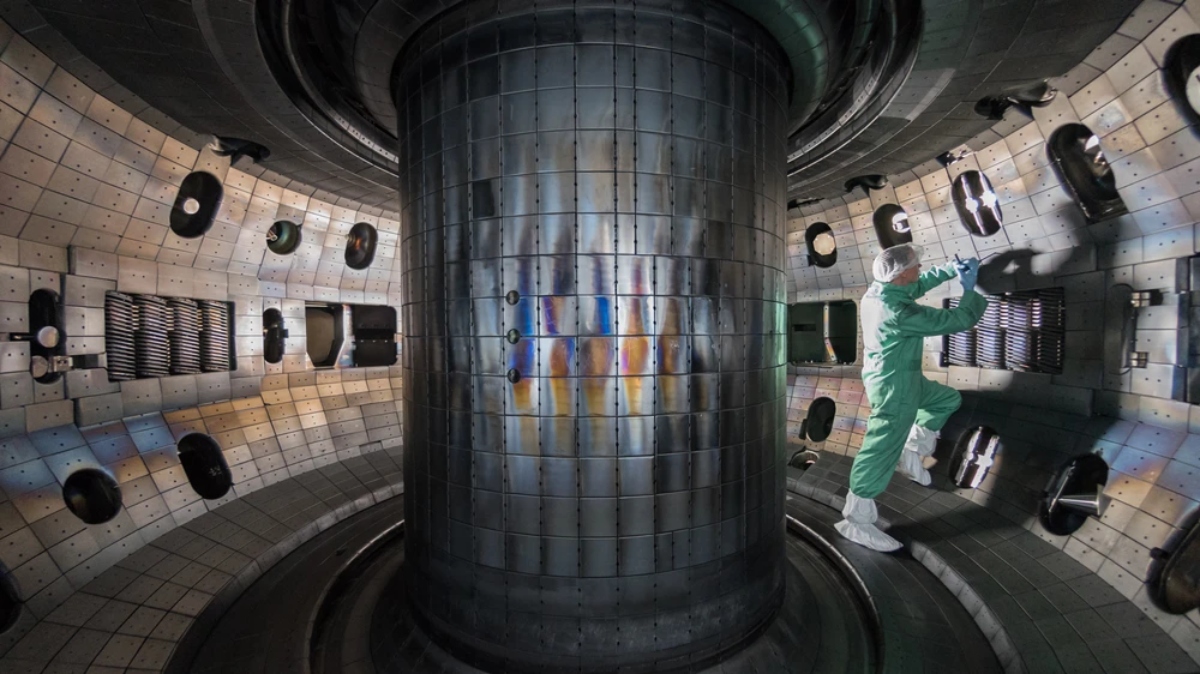During the first day of the 2020 edition of one of the most important technology shows in the world, the Consumer Electronics Show in Las Vegas (CES), Samsung presented its new “artificial or virtual humans”. These, according to the company, are able to converse and feel emotions as if they were a real person.
Basically, we’re talking about NEON, the name of these virtual humans that were created by Star Labs, a California-based unit of South Korean giant Samsung.
However, some industry experts have been somewhat skeptical and have strongly questioned the company’s lack of details about the underlying technology.
Samsung and its virtual humans What is this all about?
According to the specialized technology website, The Verge:
“As far as we can see, there’s no mystery to this. NEON are just digital avatars-computerized animated figures with human likenesses. Don’t worry about any artificial intelligence android uprisings, these are not the artificial humans you were looking for.”
For their part, from the California unit of the South Korean giant, they commented that:
“They are personalized digital beings that can appear in devices or video games and can be: tv presenters, spokespersons or movie actors.”
In addition, Pranav Mistry the CEO of the laboratory, commented that:
“NEONs will be our friends, collaborators and companions, continually learning, evolving and creating memories from their interactions.”
According to Star Labs, the NEON:
“They are inspired by the rhythmic intricacies of nature and are extensively trained to know how humans appear, behave and interact. Each NEON has its own unique personality and can display expressions, movements and dialogue.”
New possibilities for deepfakes?
Samsung’ s novelty comes in a context in which videos created with artificial intelligence and that simulate real people are becoming more and more frequent. These allow the words of, for example, a public figure to be manipulated in a very realistic way.
For this reason, analysts fear that these virtual beings could be used during election campaigns to manipulate votes or exasperate political tensions.
But, according to Jack Gold, an analyst at J. Gold Associates, Samsung could lead this emerging market for virtual beings if they can actually show emotion.
Samsung and Star Labs, for their part, claim that NEONs offer such a resemblance to real people that they cannot be easily distinguished. And they expect them to serve as sales representatives, financial or personal advisors.
They further added:
“NEONs will integrate with our world and serve as new links to a better future, a world where humans are human and machines are human.”
You can also read: 2020: here’s what’s ahead in terms of technology trends




